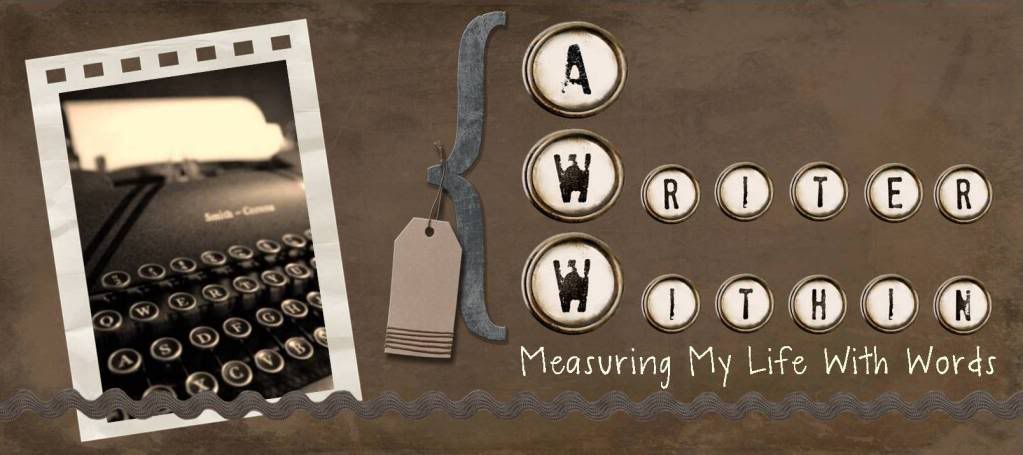When I was younger, it was "nerdy" to get a 100% on a quiz or test. Today, as a teacher, this same disparagement of intelligence continues, as I watch kids downplay good grades, or I hear a student put down a peer for a good answer by saying, "Oh stop being so smartical, you make me feel dumb." Students "eyeball" each other for approval before volunteering to answer questions, or decline to answer when I know they have told me the right answer in private. Even among adult peers, there can be subtle "put downs" and then an immediate change of conversation if you mention an academic or intellectual pursuit: "Oh, she'll probably write a perfect report again!" "Oh, when do you find time?" or "I just CAN'T keep up with you" - maybe these comments seem innocuous, but honestly, can they really be taken as compliments? Nobody's saying how great it is that you've spent a lot of time on a report, or been reading a book or writing a story (or blog!).
All this embarrassment or veiled criticism of academic success and intelligence - where does it come from? Are people intimidated by those who are (or behave) intelligent(ly), or are they just making thin excuses for not attempting to expand their own minds? Why do we downplay academic achievement? Why is it not "okay" to be "smart?"
Most of what people think is "sheer genius," is simply a function of 1) hard work and preparation and/or 2)being in the right place at the right time. I learned this from reading Outliers (Malcolm Gladwell) and thinking about my experience when I ran the Hartford 1/2 Marathon this year; people seemed impressed... but it didn't take talent really, everybody can put one foot in front of the other. All I did was keep putting one foot in front of the other for a very long time - if you think about it, as much as it might sound painful and boring to many of you, I only ran for 2 hours and 13 minutes. Most movies today are longer.
Academic success is often the same. Many people have the ability to achieve it, but people are discouraged from engaging their minds. The students that achieve highly in my class aren't the ones with the most original ideas or brilliantly poetic lines. (In fact, often those students do a bit lower than I'd expect because they are not really trying lest they be thought of as "different" (read: "Smart!"). No, the students that get the high A's in my class are often the students that turn in one homework after another, one neatly written page that follows directions after another - for a very long time - 180 days to be exact. And yet, they are criticized, mocked, and teased for their efforts, or their success is made to seem not really that big of a deal. Folks, learning is a BIG DEAL! We should celebrate and encourage mental exercise among children and adults.
However, being "smart" is a negative in our society. One hundred years ago, it was in high fashion to be able to discourse on the latest novel with your friends. One hundred years ago, students may have fought to have "1st place" in their one-room schoolhouse class. Now, to admit that you have read a novel over the past week or scored an A on an essay makes you odd, different, nerdy. If our young people are being made to feel embarrassed to be smart, or that behaving intelligently is a behavior that will isolate them, what will the result be? We will have students that fail to reach their potential, students who feel "guilty" for simply being capable and acting on that capability. What if young people, who've been made to think that being smart is a negative, isolating trait, try to fit in by going into more "popular" vocations like entertainment instead of medicine or law? In short, we will short-change our whole society.
I say, let's not downplay intelligence. The next time a person tells you they read a book, show interest, congratulate them, and ask what it was about. If a young person says they did well on the test, be excited, ask how they studied, and commend them. Let's make it a positive, desirable trait to be "smartical" again!
